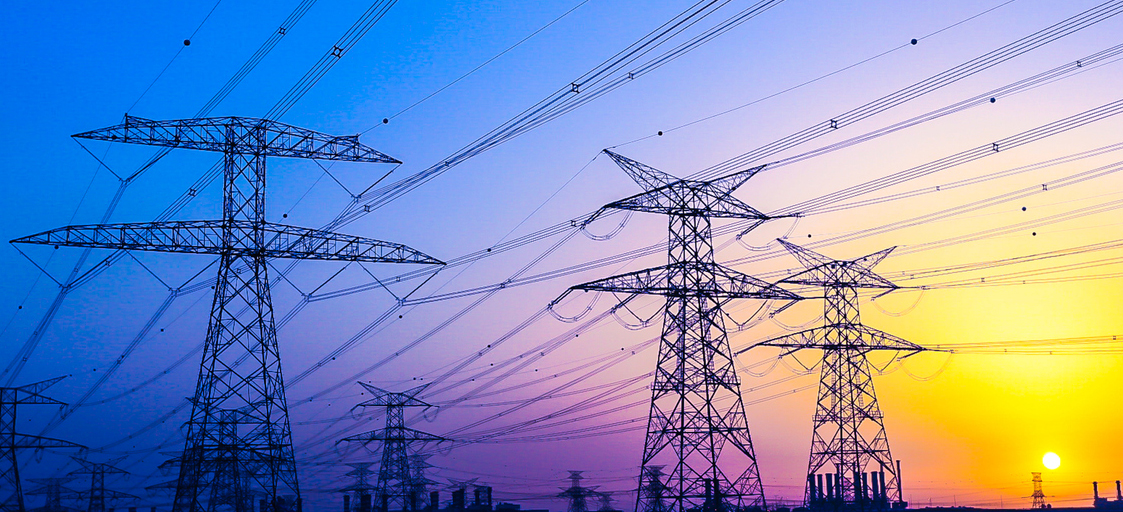The government plans to tweak the rules to allow standalone power plants in special economic zones, with all tax benefits and permission solely to export electricity.
The board of approval (BoA), the apex body to clear SEZ proposals, headed by the commerce secretary is slated to meet on January 9 to take up the plan for clearance.
The changed norm would benefit Adani Power, which plans to set up a standalone plant as an SEZ in Jharkhand to export the entire power to Bangladesh through a dedicated transmission line.
Adani Power’s proposal to set up a sector-specific SEZ for power at Godda district, Jharkhand, over 425 hectares, had to be rejected by the
BoA in its meeting in February 2018 on the grounds that it was inconsistent with the guidelines.
The commerce ministry, however, has now proposed to replace the paragraph in the present power guidelines disallowing standalone plants with a paragraph stating that standalone plants exclusively meant for export will be permitted and can be operated as a unit subject to all obligations and benefits available to SEZ units.
“The proposed amendment to the guidelines will be an enabler to allow power plants for export purposes as envisaged in the new guidelines issued by the ministry of power. Further, there will be no option for selling any surplus power in the domestic tariff area as the entire power will have to be exported or consumed within the SEZ…,” the agenda document submitted to the BoA stated.
Justifying its changed stance, the ministry said it proposes to amend the existing policy to enable the setting up of standalone power plants in SEZ which could export power as provided under the guidelines on cross-border trade of electricity issued by the power ministry in December 2016.
“Henceforth, no standalone power plant will be permitted in an SEZ in which there are no other units, except that a standalone power plant exclusively meant for export will be permitted, which shall be operated as a unit subject to all obligations and benefits available to SEZ units,” the changes proposed by the commerce ministry said.
The ministry also stated that the present proposal for policy amendment has been deliberated with various stakeholders, including the ministries of power and external affairs, the department of revenue and the Jharkhand government.
The SEZ policy, enacted in 2005, entitles units to 100 per cent income-tax exemption on export income for the first five years, 50 per cent for the next five years and 50 per cent of the ploughed back export profit for the next five years.
The introduction of an 18.5 per cent MAT on SEZ units in 2011, however, has served as a disincentive for investors, with several developers opting out of the plan.











